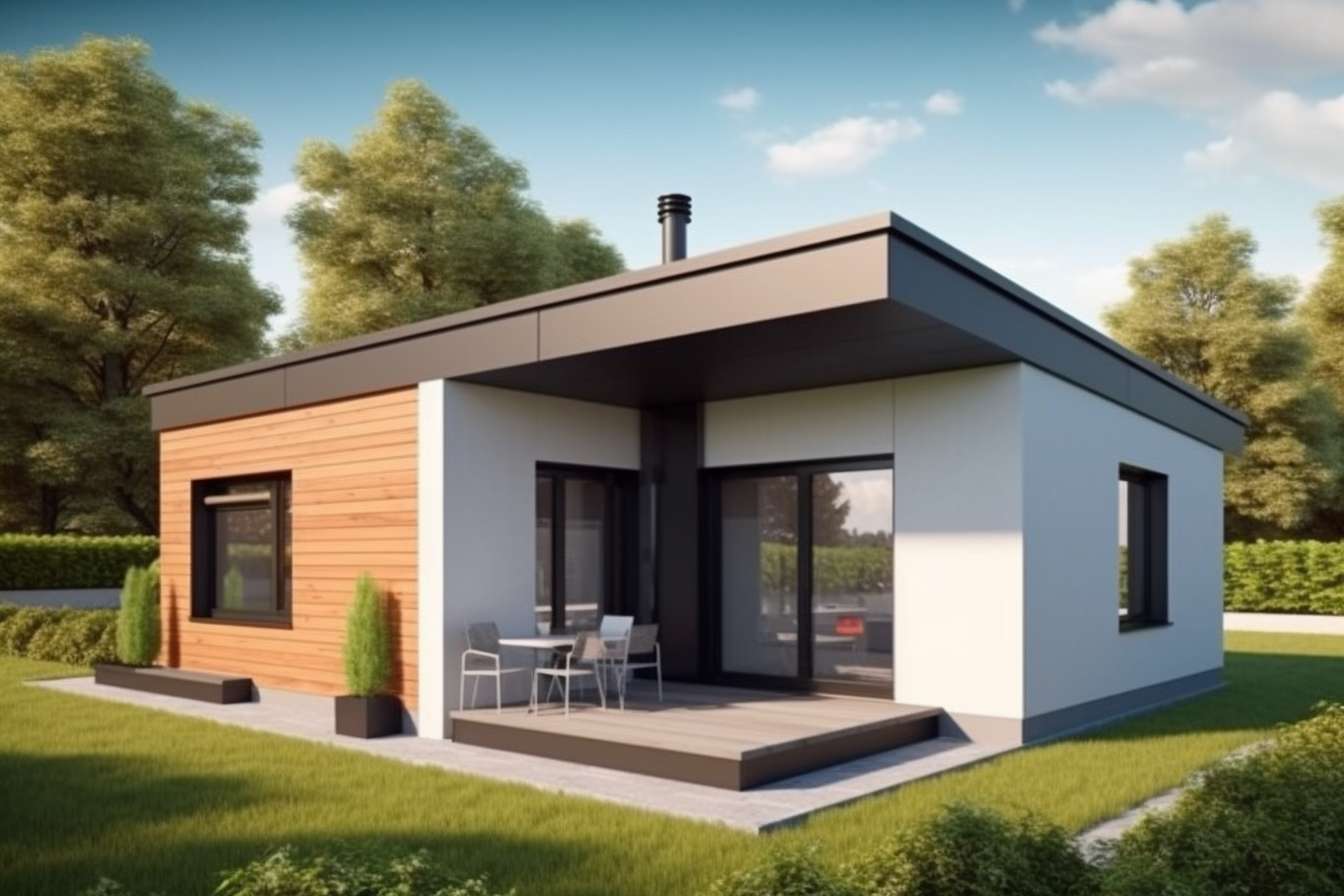Resin Outdoor Flooring: Complete Guide for UK Homes
Resin outdoor flooring has emerged as one of the most practical and attractive solutions for UK homeowners looking to enhance their exterior spaces. With Britain's unpredictable weather patterns and the need for durable, low-maintenance surfaces, resin flooring offers an ideal combination of functionality and aesthetic appeal for patios, driveways, and garden paths.

What Makes Resin Outdoor Flooring Perfect for UK Homes and Gardens?
Resin outdoor flooring installation for UK homes and gardens has gained significant popularity due to its exceptional adaptability to British conditions. Unlike traditional materials such as concrete or natural stone, resin surfaces provide seamless, non-porous finishes that effectively resist moisture penetration and freeze-thaw cycles common in the UK climate.
The installation process involves applying layers of specially formulated resin compounds over a prepared base, creating a smooth, durable surface that can withstand heavy foot traffic and vehicle loads. Professional installers typically complete residential projects within 2-3 days, depending on the area size and weather conditions, making it a convenient option for homeowners seeking quick transformations.
Top Benefits of Resin Flooring for Patios, Paths and Driveways
The advantages of resin flooring extend far beyond simple aesthetics. For patios, resin surfaces provide excellent slip resistance when wet, addressing safety concerns during Britain’s frequent rainy periods. The material’s flexibility prevents cracking during temperature fluctuations, while its seamless nature eliminates weed growth between joints.
Driveways benefit from resin’s exceptional load-bearing capacity and oil resistance. Unlike block paving or tarmac, resin surfaces don’t develop potholes or require regular re-jointing. Garden paths sealed with resin remain level and safe, reducing trip hazards while maintaining their appearance for decades with minimal intervention.
The customisation options are extensive, with hundreds of colour combinations and aggregate choices available to complement any property style, from traditional cottages to contemporary developments.
How to Choose the Right Resin Type for British Weather
Selecting appropriate resin formulations is crucial for long-term performance in the UK’s variable climate. Polyurethane-based systems offer superior UV stability and flexibility, making them ideal for areas experiencing significant temperature variations. These formulations maintain their colour integrity and resist brittleness during cold snaps.
Epoxy resin systems provide excellent chemical resistance and hardness, suitable for driveways and high-traffic areas. However, they require UV-stable topcoats to prevent chalking and colour fading under British sunlight.
Two-part resin systems specifically designed for outdoor applications include additives that enhance performance in humid conditions and provide better adhesion to damp substrates, addressing common installation challenges in the UK’s moisture-rich environment.
Installation and Maintenance Tips for Long-Lasting Resin Surfaces
Proper installation begins with thorough substrate preparation, including cleaning, priming, and ensuring adequate drainage. Professional installers assess existing surfaces for structural integrity and make necessary repairs before resin application.
Weather timing is critical - installation requires dry conditions with temperatures between 10-25°C and humidity below 85%. This narrow window often requires careful scheduling during British weather patterns.
Maintenance involves regular cleaning with mild detergents and periodic inspection for any damage. Well-installed resin surfaces typically require minimal intervention for 15-20 years, though high-traffic areas may benefit from protective coating renewal every 10-12 years to maintain optimal appearance and performance.
Why Resin Is an Eco-Friendly Outdoor Flooring Choice in the UK
Modern resin systems increasingly incorporate recycled materials and low-VOC formulations, supporting environmental sustainability goals. The production process generates significantly less carbon emissions compared to concrete manufacturing, while the material’s longevity reduces replacement frequency and associated waste.
Resin surfaces contribute to sustainable drainage systems (SuDS) compliance when installed as permeable systems, allowing natural water infiltration while preventing surface flooding. This characteristic proves particularly valuable in urban areas where planning authorities encourage environmentally responsible drainage solutions.
Additionally, the ability to install resin over existing surfaces reduces demolition waste and associated disposal costs, supporting circular economy principles while delivering practical benefits for property owners.
| Installation Type | Area Coverage | Estimated Cost Range |
|---|---|---|
| Basic Bound System | 50-100 sqm | £45-65 per sqm |
| Permeable Resin | 50-100 sqm | £55-75 per sqm |
| Decorative Aggregate Mix | 25-50 sqm | £60-85 per sqm |
| Commercial Grade | 100+ sqm | £40-60 per sqm |
Prices, rates, or cost estimates mentioned in this article are based on the latest available information but may change over time. Independent research is advised before making financial decisions.
Professional Installation Considerations
Working with qualified contractors ensures proper material selection and installation techniques suited to local conditions. Reputable installers provide comprehensive warranties covering both materials and workmanship, typically ranging from 10-15 years for residential applications.
Site surveys identify potential challenges such as drainage requirements, substrate conditions, and access limitations that influence project feasibility and costs. Professional assessment helps avoid common pitfalls that could compromise long-term performance.
Resin outdoor flooring represents a sophisticated solution for UK homeowners seeking durable, attractive, and low-maintenance exterior surfaces. With proper material selection, professional installation, and minimal ongoing care, these systems deliver exceptional value and performance suited to Britain’s challenging climate conditions while supporting environmental sustainability objectives.




